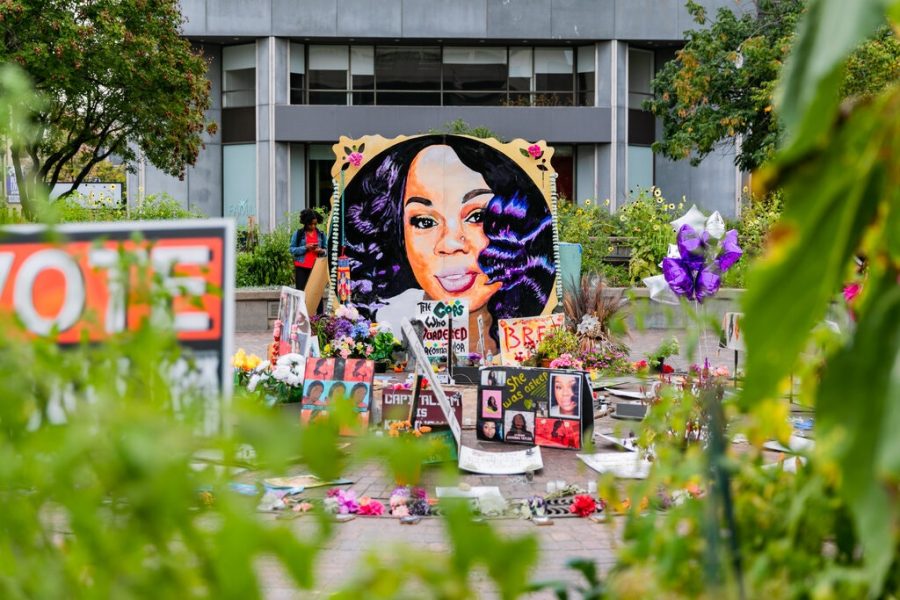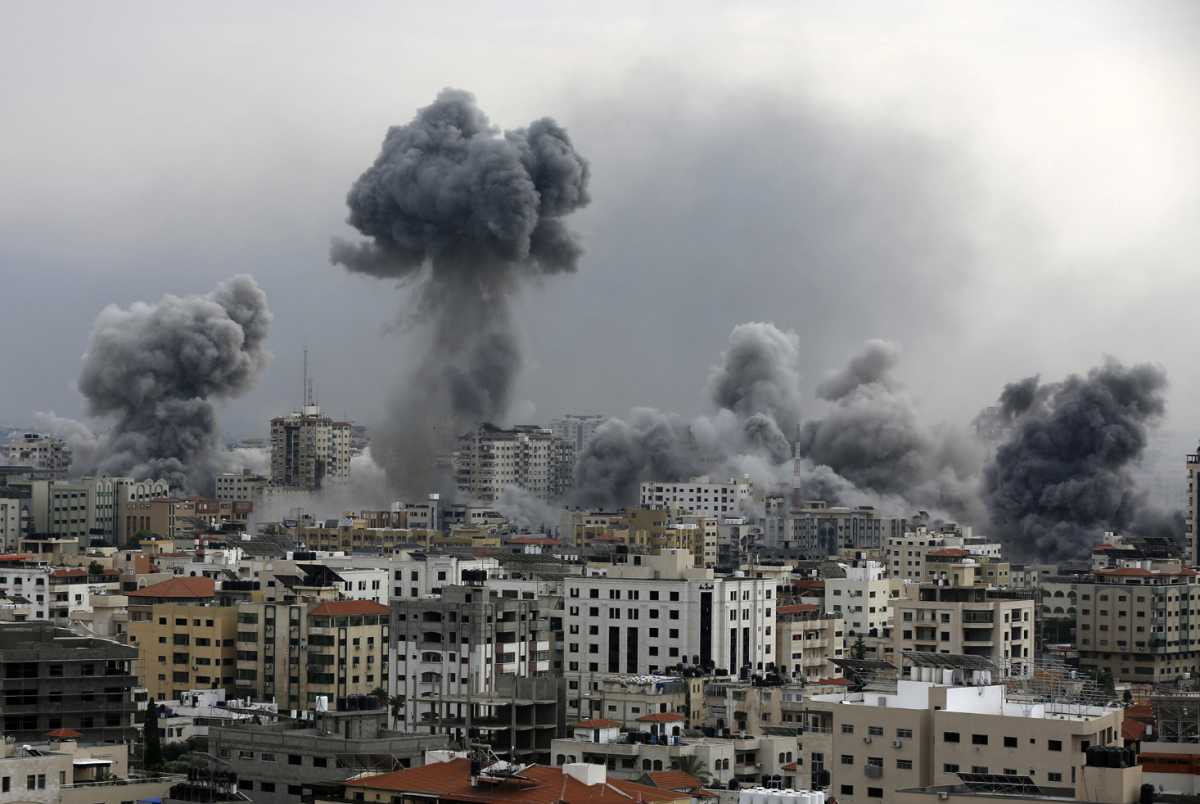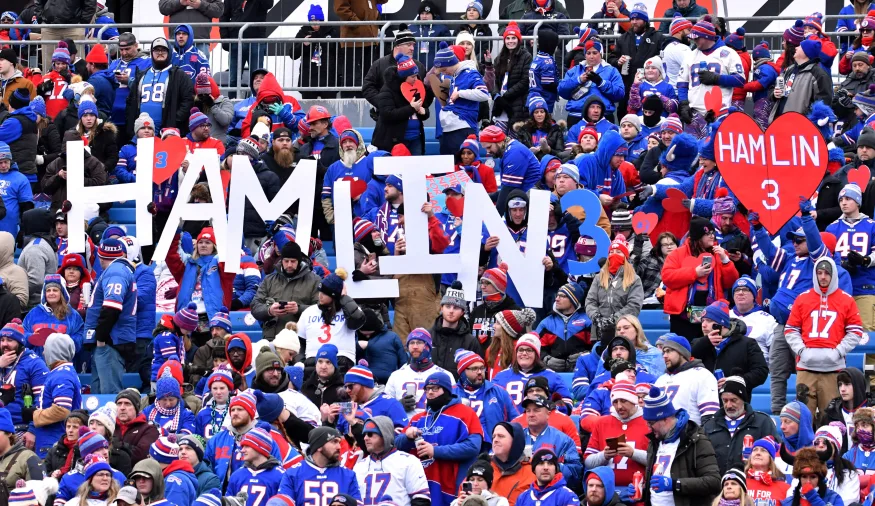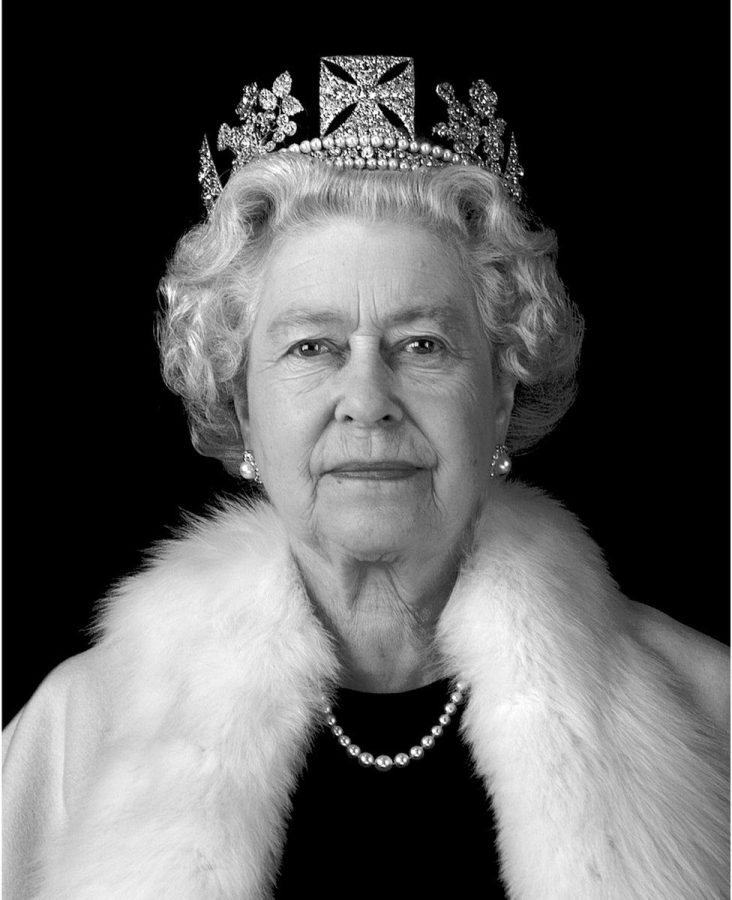This past summer, protests about police brutality rocked the nation, prompting a conversation about racial equality regarding our laws and how they are enforced. According to studies from Harvard University, Black people are disproportionately likely to be killed during encounters with police – about three times more likely than white people on average. The names of several Black victims and their tragic experiences with police brutality have been brought to light over the last few months.
One of these victims was Breonna Taylor, a 26-year-old ER technician who was killed when three police officers entered her Louisville, Kentucky apartment shortly after midnight on March 13. Officers Jonathan Mattingly, Brett Hankinson, and Myles Cosgrove raided Ms. Taylor’s home on a no-knock warrant, though they had been ordered to knock and identify themselves as police officers prior to the raid. After using a battering ram to break the door open and enter the apartment, the officers were fired at by Kenneth Walker, Ms. Taylor’s boyfriend. Mr. Walker stated that he heard aggressive banging on the door, but that the police never identified themselves. The officers responded by firing thirty-two rounds into the apartment, hitting Ms. Taylor five times.
The investigation that led to the raid was centered around two men who were suspected of selling drugs out of a house located over ten miles away from Ms. Taylor’s apartment. A judge had signed a warrant granting permission to search Ms. Taylor’s home, as police believed that one of the men, Jamarcus Glover, had been using the apartment to receive packages or keep drugs. Though Ms. Taylor dated Glover on and off for several years, her family has stated that she had recently severed ties with him. No drugs were discovered in the apartment.
After Ms. Taylor was shot, she received no medical attention for more than twenty minutes as the officers focused on aiding Sergeant Mattingly, who had been shot in the leg. An ambulance that had been on standby outside the apartment was told to leave about an hour prior to the raid, contradictory to standard police practice. It was not until five minutes after the shooting that emergency personnel even noticed she was wounded. According to the Jefferson County Coroner, Ms. Taylor likely died less than a minute after she was shot.
For months following her death, Ms. Taylor’s family has pushed for justice to be served, asking that the officers involved with her death be charged and police practices be reformed. Only one of the officers, Brett Harkinson, has been charged so far. He blindly fired ten rounds into the apartment and was indicted by a grand jury on charges of wanton endangerment. He was also the only officer fired, while the other two officers were placed on paid administrative leave.
After the case drew national attention in May, protests for greater police accountability have caused some changes to be made in Louisville. Mayor Greg Fischer plans to sign “Breonna’s Law” in order to ban no-knock warrants. Government officials also agreed to pay a twelve million dollar settlement on a wrongful death lawsuit brought by Ms. Taylor’s family in September. Charges against Mr. Walker have also been dropped, and officials plan to institute further reforms to prevent future killings by police.
However, many critics have said that the case has progressed far too slowly and that the officers involved with Ms. Taylor’s death have not received a proper penalty for their actions. Others say that the victories won so far, such as Breonna’s Law, are merely attempts to pander to protestors without serving real justice. The only officer to face criminal charges faced them on account of endangering Ms. Taylor’s neighbors, but not Ms. Taylor herself. Outrage over what protestors feel is a refusal to condemn the murder of a Black woman by police has caused protests to continue nationwide. “At this point, it’s bigger than Breonna, it’s bigger than just Black Lives,” Ms. Taylor’s mother said as she implored the authorities to bring criminal charges against the officers. “We’ve got to figure out how to fix the city, how to heal from here.”







